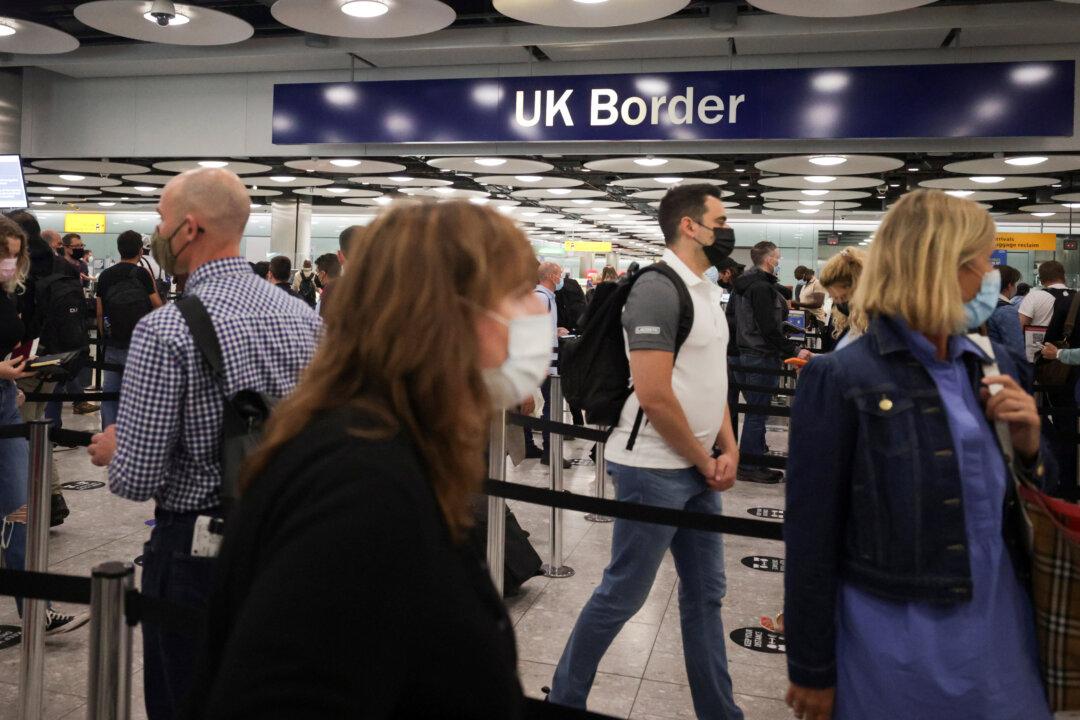A British law firm is seeking a second judicial review of the government’s hotel quarantine policy.
The firm, PGMBM, said it believes that putting people who test negative for COVID-19 and have been vaccinated into managed hotel quarantine is “an ‘unlawful deprivation of liberty’ and violates fundamental human rights.”





